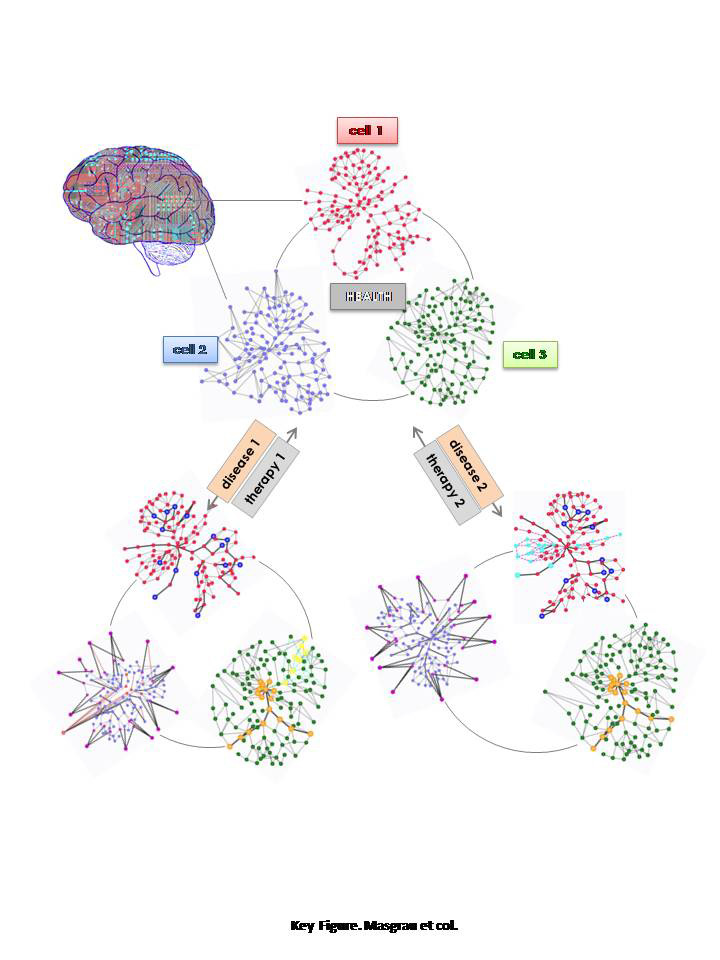The word ‘neuroinflammation’ was coined in the 1980s to describe the accumulation of lymphocytes and macrophages in the brain of patients with multiple sclerosis. ‘Neuroinflammation’ was—and still is—a correct term for multiple sclerosis because this disease is caused by abnormal attacks of the systemic immune system. In the 1990s, and upon the discovery of numerous well-known elements of systemic immunity in the Central Nervous System, ‘neuroinflammation’ started to mean that CNS diseases are partially caused by malfunction of CNS immunity. This framework, which has driven CNS therapeutics during the last 25 years, has not been successful. Approximately 80% of clinical trials in CNS diseases with therapies largely borrowed from systemic-immunity therapeutics have failed, suggesting that a refinement of the notion of ‘neuroinflammation’ is in order. First, we argue that there is no such thing as CNS immunity. The CNS is protected by physical and cellular barriers that render it almost inaccessible to pathogens, and highly resistant to mechanical injury. The existence of immunelike factors in the CNS can be explained by the fact that some brain cells originate in immune lineages, but these have differentiated during CNS development to perform higher-brain functions not related to host-defense. It follows that the use in the CNS of drugs developed to regulate systemic immunity is bound to fail, because the target pathways may not implicated in the same functions in the CNS as elsewhere. Second, ‘neuroinflammation’ is overly generic. CNS diseases vastly differ in their causes and symptoms, and, as shown by gene profiling, the same cell responds differently among diseases. The unforeseen complexity implies that the broad therapies typically used to curb systemic inflammation will fail in the CNS. Third, CNS therapeutics needs to adopt a dynamic vision of the CNS as a collection of circuits (‘networks’) formed by cells, and not just neurons, that compute (i.e., process information intelligently). CNS disease is hence a failure of networks, and systems biology is instrumental for its therapeutic manipulation (Fig. 1).
Reference
